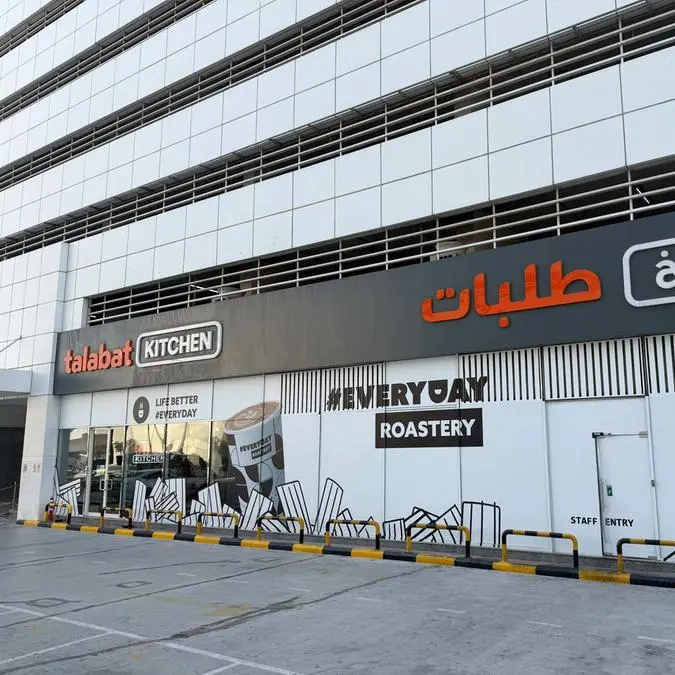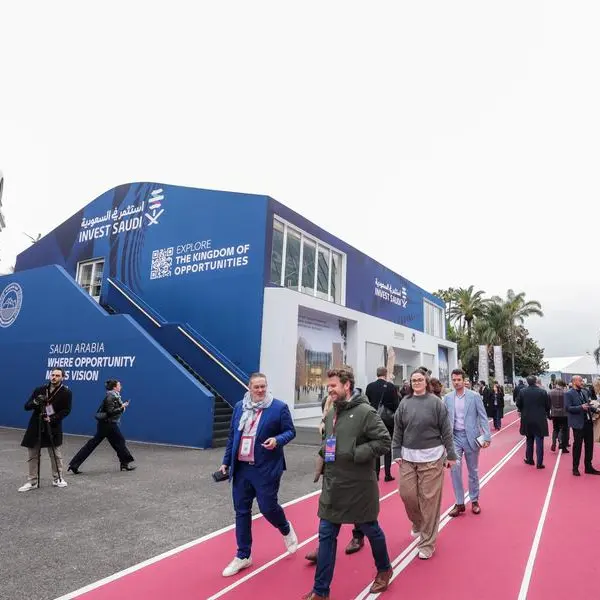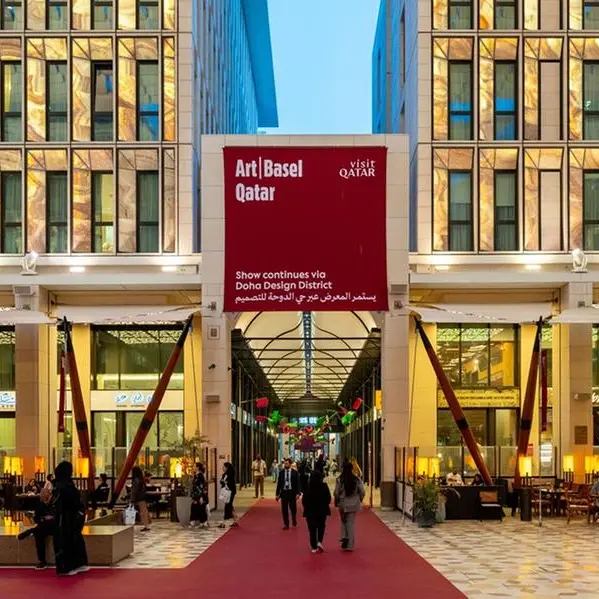- 88% of consumers optimistic about economic recovery; increasingly comfortable spending on non-essentials, luxury items, dining and travel
- The shift to eCommerce continues, with 64% preferring to shop online
Dubai, UAE : More than 18 months since the onset of COVID-19, Visa (NYSE:V) today announced the results of a study that tracks the impact of the pandemic on consumer attitudes and spending across Central and Eastern Europe, the Middle East and Africa (CEMEA). The Visa CEMEA COVID-19 Impact Tracker reveals the impact of COVID-19 on areas including consumer attitudes towards local merchant categories, travel and events; cash versus digital payments; online shopping (both during and estimated post-COVID); and views on Buy Now, Pay Later and cryptocurrencies.
The findings highlight significant changes in attitudes to eCommerce following the impact of COVID-19, with 64% of those surveyed in UAE reporting an increase in their online spending, and 87% saying they will continue to shop online once the crisis ends.
Digital payments remain the preferred method for transactions, with continued strong use of contactless solutions, including cards, digital wallets and mobile payments. The urgency in controlling savings and budgeting has somewhat waned compared to the onset of the pandemic – while consumers in UAE remain cautious, those surveyed have largely resumed shopping, dining, entertainment and travel, albeit with hygiene precautions in place.
“Our research shows how the COVID-19 pandemic has transformed the way the region’s consumers spend their money, with many of these significant behavioral changes likely to continue after the pandemic is over,” says Shahebaz Khan, Visa’s General Manager for UAE. “As online shopping and contactless payments become the ‘new normal’, it is more important than ever that businesses adapt to the changing consumer demand for a digital experience, which is increasingly seen as a safer and more seamless alternative to cash.”
In countries such as the UAE, where vaccination rates in the general population are high, consumers are optimistic towards the country’s economic recovery, with a positive shift in opinions towards income, spend and savings.
Evolving Consumer Behaviors
The results show that consumers are gaining confidence in their shopping behaviors, with a significant improvement in consumer shopping habits for essentials, such as groceries, and a visible shift in attitudes towards wanting an ‘optimized’ experience, as well as being conscious about hygiene and avoiding contact. Customers have increasingly turned to online shopping channels for both essential and non-essential purchases – with a noticeable shift towards eCommerce and away from traditional face-to-face transactions. In UAE, 64% of consumers now say they shop for groceries online. These attitudes also prevail for luxury retail and fashion, with 84% of consumers choosing digital shopping channels and home delivery for convenience, safety and a more seamless overall shopping experience.
Consumers’ behavioral changes that took place during the pandemic seem likely to continue once the crisis is over. Eighty-seven percent of consumers surveyed in the UAE revealed that they will continue to shop online for both essentials and non-essentials.
Overall, Visa’s survey found that the COVID-19 pandemic has created significant opportunities for the eCommerce sector, especially those retailers entering the digital economy for the first time, and those consumers who made their very first online purchases.
While COVID-19 severely impacted consumers’ overall travel expenditure, the sector is beginning to rebound, with a likely boost for local destinations over the coming months. In UAE, 22% of consumers said they prefer short-haul trips over long-distance destinations, while 33% said that local tourism and ‘staycations’ take preference over international travel.
Managing Consumer Finances
The pandemic has seen consumers in CEMEA change the way they manage their finances, with an increased usage of credit terms and installments. In UAE, only 28% of those surveyed said they would still continue to borrow from friends or family or use bank loans, while 62% indicated that they would instead use deferred payments through credit card installments. While consumers remain cautious about their spending and saving, consumers are slowly returning to their pre-pandemic habits, and the increase in saving and budgeting that was witnessed at the start of the pandemic had declined, with only 26% of consumers reporting closely watching their saving and budgeting by August 2021.
Changing Payment Preferences
Throughout the COVID-19 pandemic, UAE consumers have continued to prefer digital payments to cash transactions, including contactless cards, mobile payments, digital wallets and P2P (peer to peer) transactions. By the fourth wave of Visa’s survey in August 2021, 57% of consumers in the UAE said they increased their credit card usage, 53% for debit cards, and 47% for prepaid cards. There has also been a spike among UAE consumers in the use of mobile payments and digital wallets, with two-thirds (66.5%) of consumers reporting increasing their usage of these payment methods by August 2021.
Seventy-seven percent of UAE consumers are increasingly aware of ‘Buy Now, Pay Later’ payment services, with a relatively high proportion (82%) of those surveyed indicating their willingness to use these services, revealing an opportunity that can be harnessed by brands. This awareness has been driven by digital media, particularly social media channels, search engines and online advertising.
Supporting Local Businesses
At the outbreak of the COVID-19 pandemic, consumers in CEMEA showed support and solidarity for local small and medium enterprises (SMEs), preferring to shop at neighborhood stores and supporting local businesses. More than a year on, Visa’s research reveals that this support continues, though the urgency and intensity of support has waned slightly, as the severity of crisis begins to lessen. In UAE, 74% of consumers surveyed in August 2021 indicated that they believe it is still important to support SMEs.
Understanding Cryptocurrencies
Visa’s research indicated a noticeable increase in consumer knowledge of cryptocurrencies, with 84% of consumers in UAE reporting awareness. Moreover, close to half respondents see cryptocurrencies as a viable alternative to cash.
Carried out in four waves between 2020 and 2021, the research sought to understand the ways in which the region’s consumers have adapted to the evolving payments landscape while the pandemic is ongoing, as well as how their overall behaviors have changed, including their attitudes to spending and saving, payment options and level of spending. Targeting the banked population, consumers in UAE were asked about their spending habits and attitudes towards a selection of essential and non-essential activities, including grocery shopping, public transport, travel, luxury and dining.
-Ends-
About Visa CEMEA COVID-19 Impact Tracker
The Visa CEMEA COVID-19 Impact Tracker was commissioned by Visa and conducted by independent market research agency 4Sight Consulting among consumers in UAE, KSA, Russia and South Africa. The study was conducted in 3 consecutive waves in 2020 and the 4th wave in 2021, with a total of 1259 banked consumers in UAE surveyed online. Fieldwork for the 4th wave of the study took place between August 8 and August 25, 2021.
About Visa Inc.
Visa Inc. (NYSE: V) is the world’s leader in digital payments. Our mission is to connect the world through the most innovative, reliable and secure payment network - enabling individuals, businesses and economies to thrive. Our advanced global processing network, VisaNet, provides secure and reliable payments around the world, and is capable of handling more than 65,000 transaction messages a second. The company’s relentless focus on innovation is a catalyst for the rapid growth of digital commerce on any device for everyone, everywhere. As the world moves from analog to digital, Visa is applying our brand, products, people, network and scale to reshape the future of commerce. For more information, visit About Visa, www.visamiddleeast.com/blog and @Visamiddleeast.
Media Contact:
asda’a bcw, Dubai, UAE
Dhanya Issac | Danaisha Gulabani
E-mail : Dhanya.Issac@bcw-global.com , Danaisha Gulabani@bcw-global.com
Tel: 971-4-450-7600
© Press Release 2021
Disclaimer: The contents of this press release was provided from an external third party provider. This website is not responsible for, and does not control, such external content. This content is provided on an “as is” and “as available” basis and has not been edited in any way. Neither this website nor our affiliates guarantee the accuracy of or endorse the views or opinions expressed in this press release.
The press release is provided for informational purposes only. The content does not provide tax, legal or investment advice or opinion regarding the suitability, value or profitability of any particular security, portfolio or investment strategy. Neither this website nor our affiliates shall be liable for any errors or inaccuracies in the content, or for any actions taken by you in reliance thereon. You expressly agree that your use of the information within this article is at your sole risk.
To the fullest extent permitted by applicable law, this website, its parent company, its subsidiaries, its affiliates and the respective shareholders, directors, officers, employees, agents, advertisers, content providers and licensors will not be liable (jointly or severally) to you for any direct, indirect, consequential, special, incidental, punitive or exemplary damages, including without limitation, lost profits, lost savings and lost revenues, whether in negligence, tort, contract or any other theory of liability, even if the parties have been advised of the possibility or could have foreseen any such damages.



















